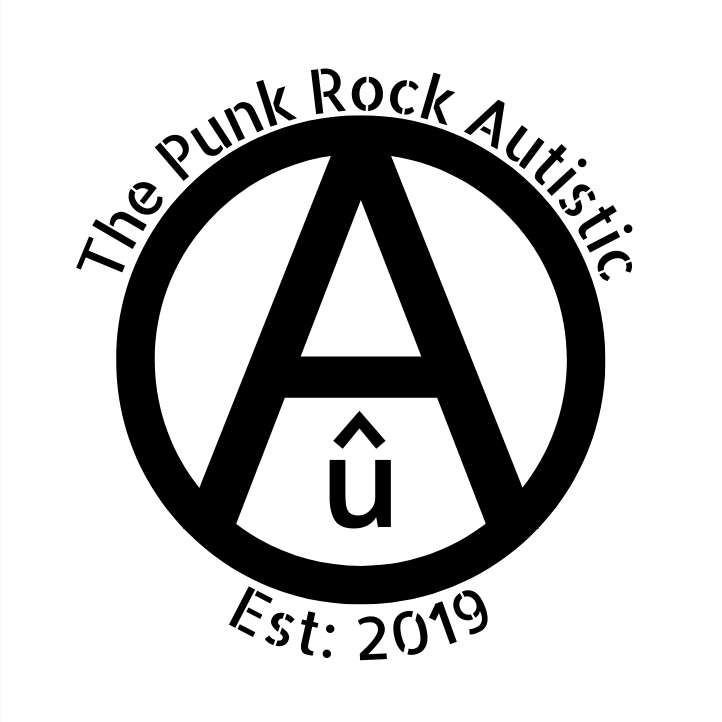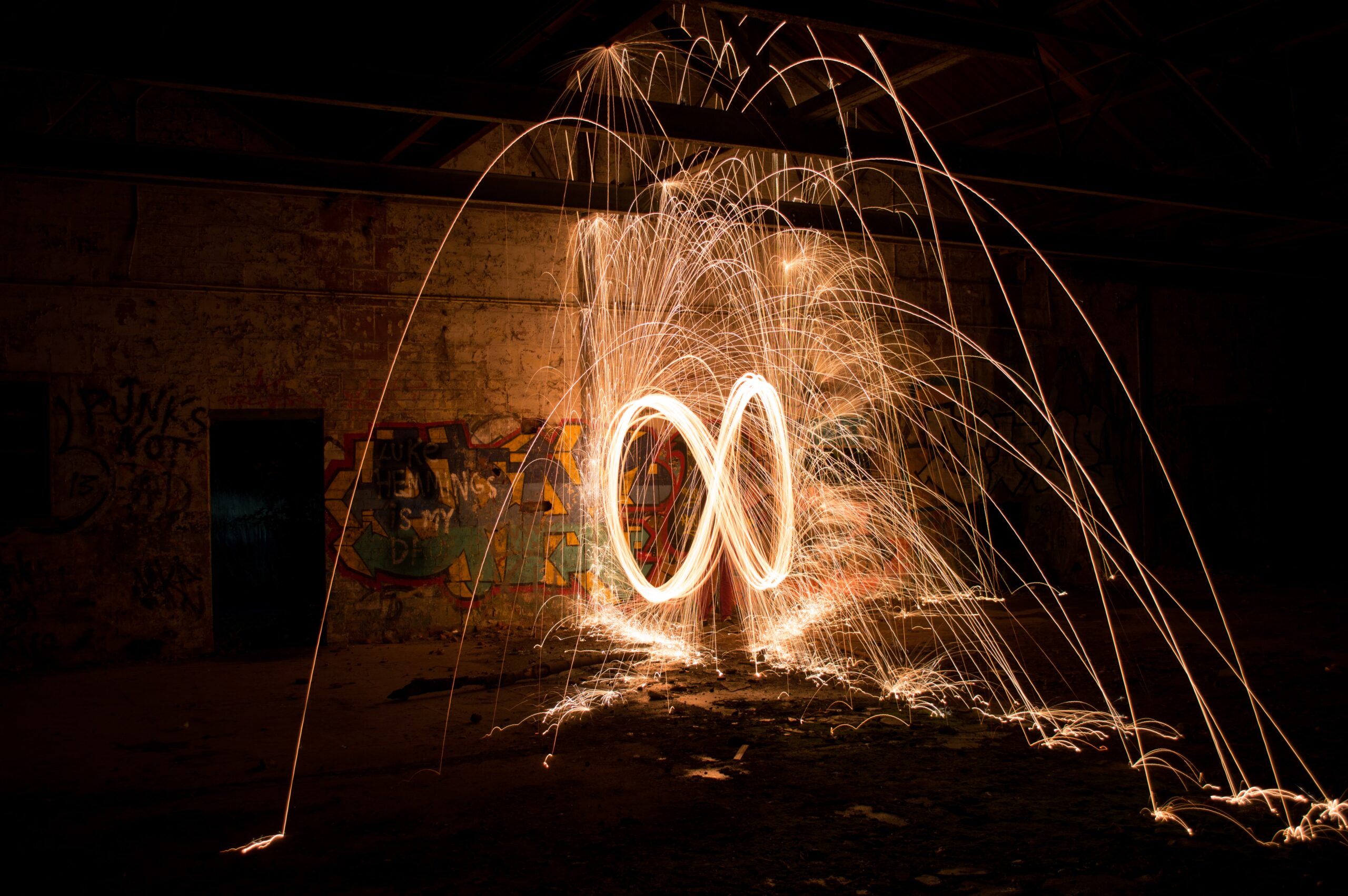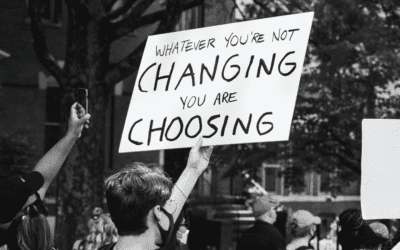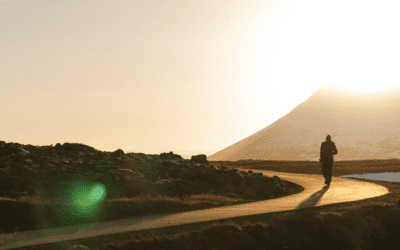Neurodiversity is a term you may have heard and seen a lot of lately. It is a word that acts as an umbrella idiom; covering any sort of disability, condition, or mental illness that is outside the established “norm.” It was coined as a humanistic perspective of these natural variations of the human mind – not as a problem, not as something needing to be cured, but as simply a spectrum of differences from that of “neurotypical” minds. One of the human experiences that is often associated with this term and perhaps the one most commonly pictured when this word is used is that of autism. However, autism is only one small part of the greater whole that falls under this much larger “neuro-umbrella.” For quite some time, the neurodiversity movement has been working towards deconstructing stereotypes and prejudices that many disabled people face. It has looked at these challenges as intersectional, and has had a very strong and prolific call to action for advocacy, acceptance, and inclusion. It has been a powerful tool that has forged much advancement, even entering our mainstream lexicon. Despite the progress that has been made, there is still much work to be done.
Over the past several years, I’ve noticed there is a growing number of organizations who are offering “neurodiversity training.” There are numerous agencies around the world that promote language and actions of accommodations and accessibility for neurodivergent and disabled individuals. There has been a collective shift in society in how we treat those who are disabled within employment. Many of these organizations offer training in the workplace, in education, and in direct care services. I’m grateful and excited to see such immense changes in dialogue and shift towards creating accommodations and acceptance of disabled people in our society.
Truly, it’s wonderful to see how far we have come. It makes me look forward to how much we can achieve. I do, however, have some very glaring concerns about the current and future problems we face. While we have seen some evolution in how the disabled population are treated and represented, there are still many aspects of exclusion that is not considered by those who do not directly experience the reality that many of us face daily. This exclusion extends well beyond the workplace and if systemic change is to not only take place, but also become normalized, these aspects need to be addressed. Throughout history, neurodivergent and disabled individuals have been excluded from the dialogue about us. We have been excluded from participating in the very avenues of advocacy that directly concern us. Many neurodivergent individuals have been pushing for radical change for decades and many have dedicated their entire lives to activism and self-advocacy.
Despite our collective efforts and our shared experiences, despite the wisdom about our challenges that only we possess, and despite the fact so many of us put years of our lives trying to advocate and build foundations to best serve our own marginalized community – we have consistently been told to step aside. We been ignored and excluded from the conversation. We have been overlooked, infantilized, scoffed at, and rejected offer opportunities to work, even exploited for labor without pay – all because we are disabled. We have been excluded while corporations and non-profits that are colossally more powerful and more funded take our platform, our opportunities, and our livelihood away from us, all while proudly proclaiming themselves as the agents of our advocacy. Nearly all these groups are operated by non-disabled individuals and there is a tremendous amount of irony here; these organizations often considered in high regard, as champions of disability inclusion – all while actively working against the very populations they claim to serve. This is not inclusion, and this is not advocacy.
Neurodiversity inclusion and advocacy cannot exist if neurodivergent people are not given the power to have their collective voices listened to, and it cannot exist if they are not given the right to decide how to be accommodated for. Neurodiversity inclusion cannot exist if neurotypical people hold the authority to be the only representatives of us. With that, there are several points that need to be carefully considered when addressing neurodiversity inclusion. These points need to be understood to determine if an organization is preformative in their advocacy or if they are authentic.
-Any organization that claims they provide consulting, training, or education on neurodiversity while not directly hiring neurodivergent people to give these trainings is stealing the platform and opportunity of employment from those who are most qualified to give them.
-Any organization that directly profits off the voices and experiences of neurodivergent people while taking sponsorship, partnerships, or financial gain from businesses or systems that exploit, oppress, exclude, or try and erase neurodivergent people from being who they are, are inherently corrupt.
-Any business, spokesperson, CEO, or organization that claims they support neurodivergent inclusion but excludes neurodivergent people from having the first and final say in how they support those in this community, are directly responsible for the continued marginalization and societal exclusion of neurodivergent people.
-Any organization that hires neurodivergent people simply because they are neurodivergent, or as a means of self-promotion, are not doing so in service to disabled people; they are directly exploiting them for marketing and profit.
-Any organization that has a board for ‘inclusion and diversity” but does not have disabled, LGBTQIA+, or BIPOC leadership and members is benefiting off their disenfranchisement; and is preformative and inherently unethical.
As someone who is an autistic and neurodiversity educator and consultant, and as someone who has the credentials, the experience, education, and insight to offer, (as well as the myriads of others doing similar work) it’s heartbreaking to see the paradigm shift that was started by us and for us co-opted by those who are using our history, our activism, and our movement as their own and for their own gain. It’s crushing to see our language and symbols, and our years of effort and work being appropriated by organizations who have no desire to engage our community directly.
Many of these organizations are known internationally and many are interlaced with lawmakers and lobbyists. Many perpetuate stereotypes and violent rhetoric about us. Many promote cure rhetoric and dehumanizing pathologizing language. What’s more, many are regarded as the “experts on us,” despite having next to zero representation of us within their agencies. Countless of these groups are ran by people who have actively worked to take our humanity, our safety, our personhood, our self-autonomy, our health, and dignity away. Far too many are taking what we have built and use it as their own while refusing to include or engage with those they are claiming to serve. There is a monopoly on the conversations about us. For us to be able to work towards changing this, we need to recognize that:
-We are not being included. We aren’t being hired. We aren’t being paid. We aren’t being acknowledged and recognized as the most important factor in all of this.
-We are being silenced. We are being exploited. We are being abused, traumatized, and systematically oppressed.
It is us, and only us who knows what our needs are and what experiences are. It is us who must train others on OUR experiences. It is us who must be included and respected, not as a retroactive thought or policy, but as the leaders and the experts.
We have faced untold challenges. We have been discarded, forced to accommodate the “typical” population, forced into death and future non-existence through eugenics. We have been ostracized and pathologically analyzed by those who write and develop therapies or practices to “help us.” We have been forced to accept policy change that continue to take away our rights away. We have been victims of untold violence by the enforcers and “protectors” of society. Violence that is often given justification because we are perceived as a “potential threat” out of fear and a lack of understanding of our traits, expressions, or our differences in communication. Generations of us have been institutionalized, separated from the rest of society under the guise of “rehabilitation.” Children have been placed in non-inclusive classrooms, separated from their peers. Children have been expected to undergo conversion and behavioral therapy based in negative reinforcement; stripping us of our means of trust, our means of self-regulation, our inherent means of communication and our self-autonomy – creating a lifetime of trauma and suffering, all for the comfort of those who are not like us.
While those who have taken away our humanity live comfortably making a living off our suffering and existence – many of us existential threats. We face the constant threats and realities of sickness, homelessness, poverty, and death due to lack of social services, accommodations, and humane living standards. Many of us have been pushed into a life where our freedom and our chance at the pursuit of happiness is considered a privilege we will only dream to ever achieve. A common experience for innumerable amounts of disabled people is the life of living on nearly nothing. So many of us (for a lack of better words) “are lucky enough” to be approved for welfare “services.” Many are forced into perpetual poverty with no opportunity out if we are getting a measly amount of money each month, all while we lose our right to work or opportunities to seek additional help. We are often forced to lose our ability to find opportunities to escape this if we ever seek assistance from those in power, the same power that forced so many of us into this position to begin with. It is an endless cycle, and one that is intentionally put into place. We are punished not by our disabilities, but for our disabilities. We are punished for seeking support and we are punished for wanting a life of safety and independence.
It’s gone on for far too long. It is time for us to finally be given a chance to live without fear of ridicule, ostracization, exclusion, and the grips of disenfranchisement. It is time for us to have the freedom to be our authentic selves and to advocate for them. It is time for agencies who want to support us, to directly include us, hire us, and put us – and only us, in positions that train and educate on our experiences. It is time for authentic representation, and not that which is preformative or appropriating. It’s time for us to be given back our power, our dignity, and our self-autonomy. It’s time those individuals who want to support us, or those who want to be an ally, step aside and give us our right to be seen as the only authority of ourselves, to be heard what our needs and accommodations are in our own words, our own actions, and in our own way. It’s our time to be paid for our labor and to not have it stolen from us, while others benefit off it. And finally, it is time we were looked at and treated as the only experts of our experiences.
If you want to support those who are disabled, then hear us, see us, and respect us. Walk alongside us in solidarity. Recognize that we are human, and that we have a right to represent ourselves.
But most importantly, remember this:
“Nothing about us, without us.”
(Disclaimer: the words stated here are of my own opinion and are not to be implied or assumed to be of the opinion of anyone else without direct and specific acknowledgement. These words are not directed towards any particular agency, organization, collective, individual, or business unless specifically stated – regardless of what interpretation or assumption may come from the reader. These words are from my perspective, my own subjective experience and opinion of the systemic, economic, and hegemonic history and challenges the neurodivergent and disabled community have faced.)




I love what you are saying here. The only people that can accurately tell their stories and the challenges that they face are the people themselves. I have heard the phrase “nothing about us without us” before and it is true for any person or group of people who fall outside of so called societal norms.